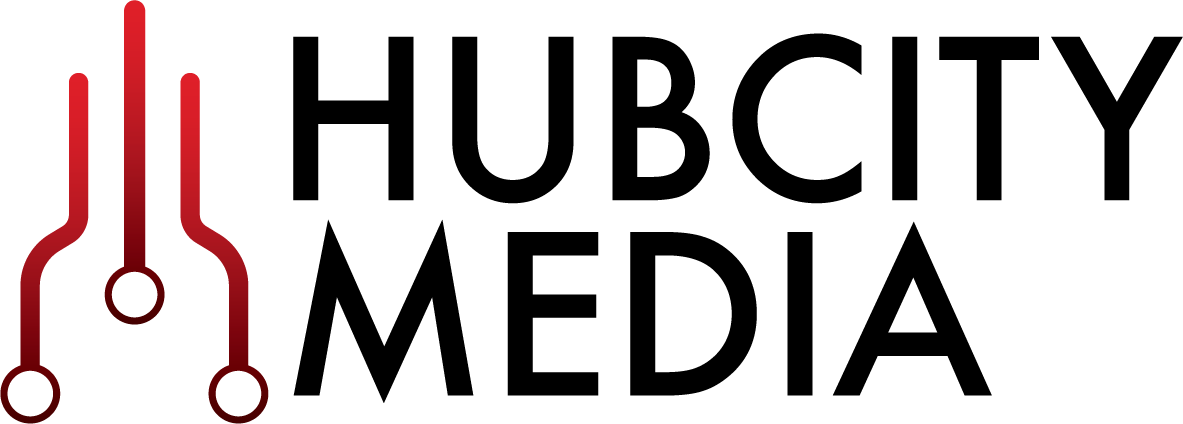MFA: The New Security Standard
As The Techniques Of Cybercriminals Advance, So Should Your Security.
Multi-factor Authentication (MFA) is a security solution designed to combat the ever growing threat of cybercriminals, providing a second authentication layer to the standard username and password authentication. MFA can have many forms, typically falling into two categories: Device Security and Security Tokens. MFA Device Security uses a device, such as a fingerprint reader, or requires a specific machine used in order to authenticate. In contrast, MFA Security Tokens require users to enter a secret token, known as a random one-time password (OTP), sent to them via text message or email in order to authenticate. Many online banks are already using MFA Security Tokens as a security solution. The benefits of using one form over another are usually quite minor.
As the threat to our online assets grows, more and more organizations are implementing MFA as an additional layer of security to protect customers’ information online. Cybercriminals such as terrorist organizations, independent criminal actors, even nation-states, all seek to exploit technological vulnerabilities to gain access to our sensitive data. Financial institutions and financial online services are a major target for these cybercriminals.
Cybercriminals can cause substantial financial losses to individuals they steal from. On September 13, 2016, New York announced the first-in-the-nation comprehensive cybersecurity regulations which mandate minimum security standards for thousands of institutions. MFA is one of these required standards. In addition to almost all major banks, technology organizations, such as Google and Facebook, are also currently utilizing MFA. With new laws like the cybersecurity mandate being created, it won’t be long until MFA is considered common practice for any online service handling sensitive data.
Integrating MFA into current systems isn’t as difficult as one might think. Developers need only to integrate an existing MFA technology into their systems, rather than develop one themselves. Developing MFA is the hardest part, but luckily, security experts have done the hard work for us and made it easily obtainable online through various companies. These companies (e.g., Authy) provide developers with the needed code (or APIs) for integrating a MFA solution. These APIs are provided in several coding languages and designed to be easy to use. No special security know-how is required and can be easily deployed into your environment in a non-intrusive way.
Using a 3rd party company to implement MFA doesn’t mean you have to trust them. Because these companies only have access to the MFA tokens, they do not have access to any other private information upon implementation. They only have access to one of the two layers of authentication required for MFA. If a MFA provider ever became compromised, accounts would still be safe, as username and password is still required in addition to the token.
Take a look inside Multi-Factor for DB, providing Multi-factor Authentication for IDCS and on-premise Oracle Databases!
Even though integrating the MFA code into Oracle Middleware may be simple, adjusting configurations inside Oracle products can be perplexing for the average developer. Here at Hub City Media (HCM), we have developed a way to integrate Multi-factor Authentication into Oracle Middleware Homes quickly and easily. Not only has HCM written integration code for Oracle Fusion Middleware products, we have integrated MFA solutions! Integrating MFA into your Oracle Middleware Home can be a simple and quick solution to protecting your sensitive data.
MFA is the new security standard and investing in this type of security solution is a simple and recommended investment. It may seem like something that can be put off until tomorrow; however, security of private information is not something to wait to protect. The best time for implementation is now. Every day your current system’s vulnerability is increasing, as technology and cybercriminals advance.
Benjamin Franklin once said, “Never leave that till tomorrow which you can do today.” Take action now!
If you have an Oracle environment that needs a Multi-factor Authentication security solution, contact us for a free consultation.
